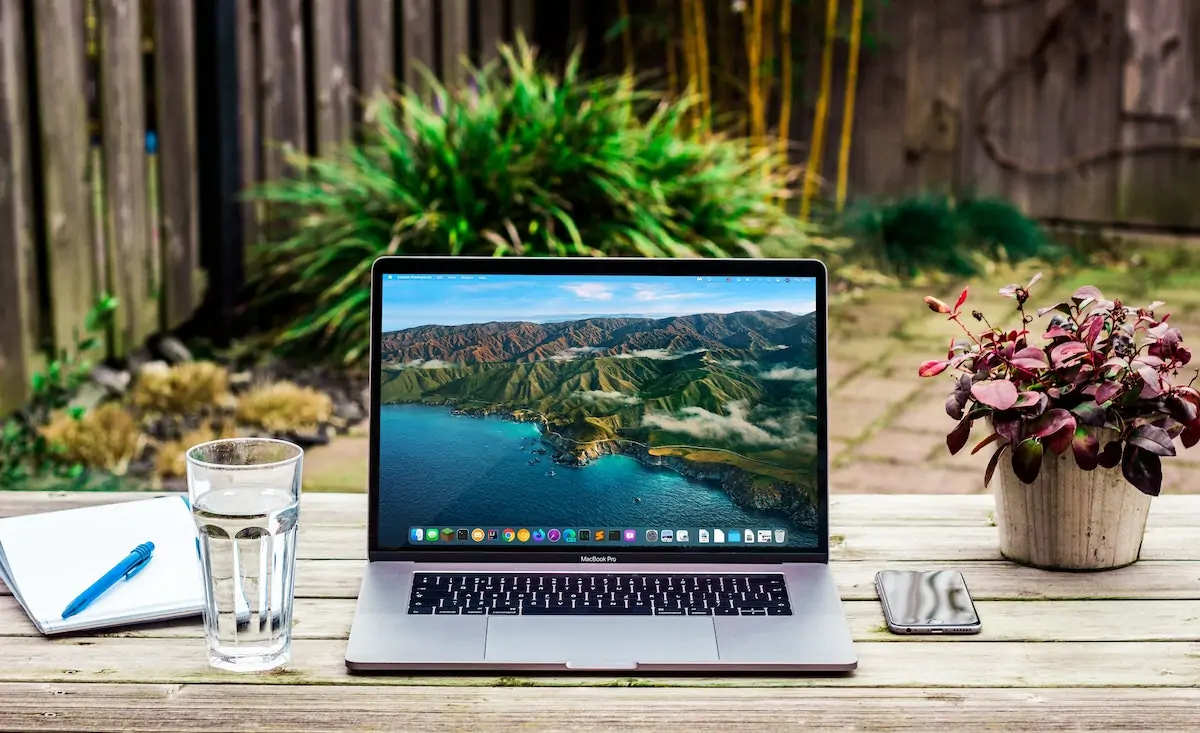
A guide to working away from home allowance
12 Aug 2021If you run a small business and you have employees who are working away from home - occasionally or regularly - it’s essential to understand HMRC’s rules on paying the expenses they incur for meals, overnight accommodation or other forms of subsistence.
These expenses fall under the general category of ‘working away from home allowances’ - provided they meet HMRC’s qualifying criteria. If they do, your employees would not have to pay income tax or National Insurance contributions on the payments they receive. You would also be able to claim the expenses you pay them as a deductible business allowance against your Corporation Tax bill.
This brief guide sets out the key requirements for paying and reporting a working away-from-home allowance. However, the rules and their interpretation by HMRC can be complex, so it may be useful to take professional advice if you are uncertain about a claim.
There are separate HMRC rules governing the payment of travelling expenses when employees are working away from home. You will find information on these rules in an article ‘UK business mileage allowance and mileage allowance relief’.
Working away from home – what qualifies?
To qualify under HMRC’s rules, expenditure on overnight accommodation and subsistence needs to be incurred “wholly, exclusively and necessarily in the performance of the duties of the employment.”
In practical terms, that means the expenses must be incurred primarily on two types of scenario:
-
Visits an employee has to make in the performance of the duties of the employment.
-
Visits to a temporary workplace that an employee has to attend to carry out the duties of the employment.
Expenses on journeys do not qualify if they represent ordinary commuting to an employee’s main workplace or private travel.
Expenses incurred on a visit that meet HMRC’s criteria might include:
-
Visits to a place where you can only carry out the work if you make the trip. An employed electrician travelling to a building site, for example, or a surveyor visiting premises to carry out an inspection would qualify.
-
Visits to meet a customer or supplier for a business meeting.
-
Visits to a conference, exhibition or training session related to an employee’s work.
-
Visits to other sites within your company for business purposes. If you are based in London, for example, and an employee travels to your Cambridge office for a meeting, expenses incurred on that journey qualify.
There is a further category that applies if an employee is working away from home for extended periods at a temporary workplace
For example, an employee could be working on a customer’s site for several weeks or might be posted temporarily to another company location for a short or long period. In those situations, the employee will incur expenses for meals and accommodation.
However, qualification for allowable business expenses in these situations can be difficult to assess, and HMRC continues to apply strict tests. Complex or borderline cases have resulted in tribunal decisions, so professional advice is recommended.
Categories of allowable expenses
Provided the visit qualifies, you can reimburse employees for meals, hotel accommodation and some incidental expenses incurred when they are working away from home and their regular workplace.
To help you calculate working away from home allowances, HMRC has published ‘benchmark scale rates’ that set out standard figures for meal costs. Hotel and travel expenses are still reimbursed at actual cost.
Description Amount (up to)
Breakfast rate £5
One meal (5 hour) rate £5
Two meal (10 hour) rate £10
Late evening meal rate £25
The late evening meal rate has been increased from £15 to £25 to reflect HMRC’s current guidance on scale rate subsistence for longer days (15+ hours including work after 8 pm).
Breakfast rate
The rate may be paid when an employee leaves home earlier than usual and before 6am and incurs a cost on breakfast taken away from home after the qualifying journey has started. If an employee usually leaves before 6am the breakfast rate does not apply.
Late evening meal rate
The rate may be paid when the employee works later than usual, finishes work after 8 pm, and buys a meal before the qualifying journey ends. This rate is now set at up to £25 (previously £15) and, as before, is only intended for exceptional circumstances, not for employees with regular late or early shifts.
One meal (5-hour) rate
The rate may be paid where the employee has been undertaking qualifying travel for a period of at least 5 hours and has incurred the cost of a meal.
Two meal (10-hour) rate
The rate may be paid where the employee has been undertaking qualifying travel for a period of at least 10 hours and has incurred the cost of a meal or meals.
Before reimbursing employees for the cost of meals, make sure that the costs are not included in the hotel bill that you have reimbursed in full.
If you want to use the benchmark scale rates, you must apply to HMRC for an exemption. As part of the agreement, you have to indicate that you have adequate management processes in place to ensure the rates only apply to qualifying allowances.
Reimbursing incidental expenses such as cost of newspapers, phone calls home or laundry is open to interpretation by HMRC and you would have to prove that they are incurred “wholly, exclusively and necessarily in the performance of the duties of the employment.”
For any allowable incidental expenses, HMRC sets limits of £5 per night for overnight stays in the UK and £10 per night for overnight stays outside the UK. Before reimbursing employees for the cost of allowable incidental expenses, make sure that the costs are not included in the hotel bill that you have reimbursed in full.
Incidental overnight expenses (Confirmed for 2025)
Reimbursing incidental expenses — such as phone calls home, laundry or small personal items — is open to HMRC interpretation and must meet the “wholly, exclusively and necessarily” test.
The current limits remain £5 per night for overnight stays in the UK and £10 per night for overnight stays outside the UK.
Before reimbursing employees, ensure these costs are not already included in a hotel bill you have reimbursed.
Tax implications of working away from home allowances
Provided you reimburse employees for qualifying expenses at HMRC’s benchmark scale rates, your employees will not incur income tax or National Insurance charges on the allowances they receive. Similarly, the reimbursed expenses remain deductible for Corporation Tax purposes.
If you reimburse at rates above the benchmark scale rates, the excess remains taxable. For example, if you reimburse £30 for a late evening meal rather than the £25 rate, the full £30 becomes taxable for both income tax and NIC.
Record keeping and reporting
If you have an exemption from HMRC and pay benchmark scale rates, you do not have to report the expenditure to HMRC.
However, it’s important to maintain accurate records of all reimbursements together with the employees’ receipts for their claim. You may need these in the event of a query or dispute with HMRC.
Support from Accounts and Legal
This is a brief outline of the rules on paying employees a working away from home allowance. If you would like professional advice on any aspect of these rules, or would like confirmation that you are complying with HMRC’s rules, our team of experienced tax accountants will be glad to help.
To find out more, please contact us on 0207 043 4000 or info@accountsandlegal.co.uk. You can also get an instant accounting quote here.























